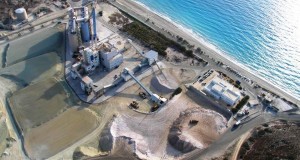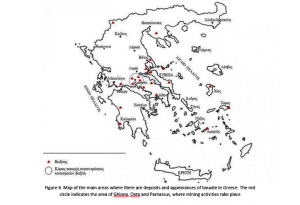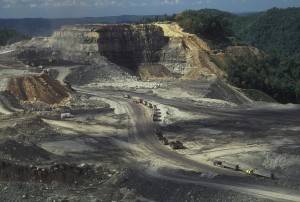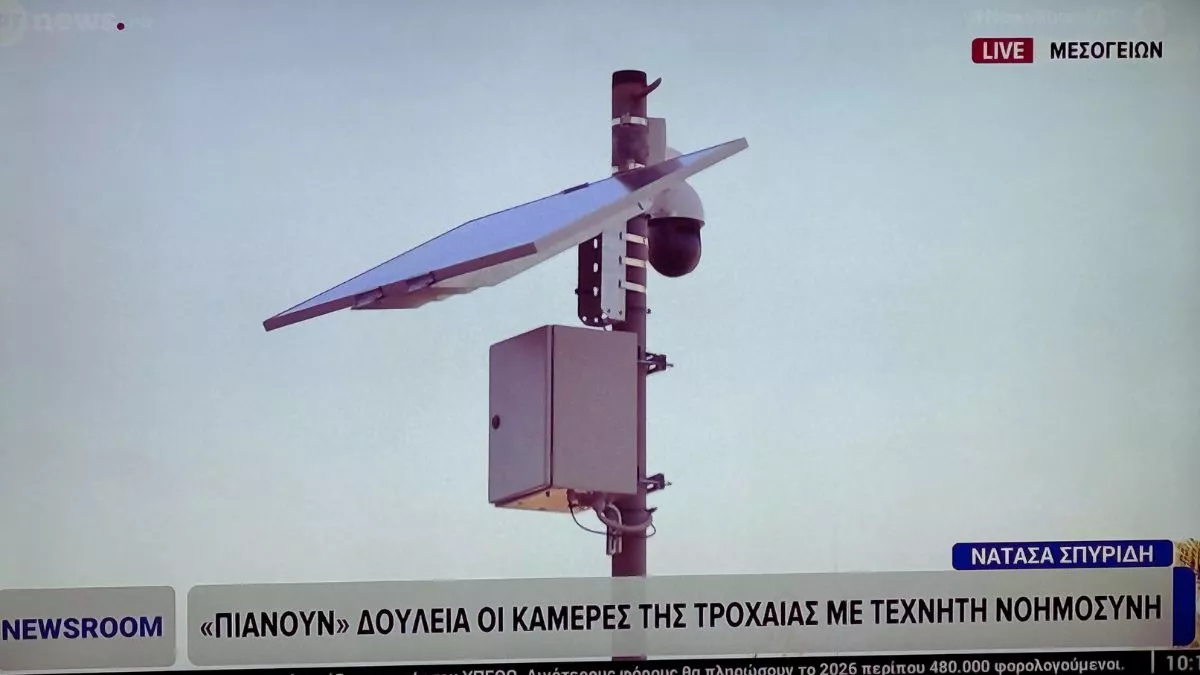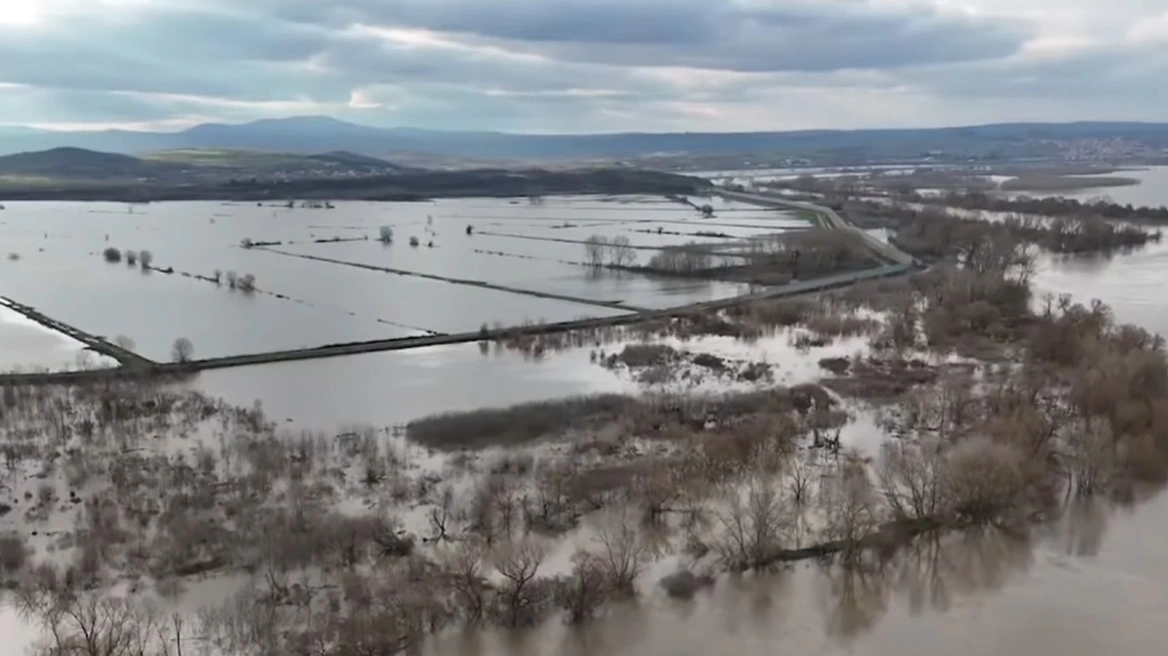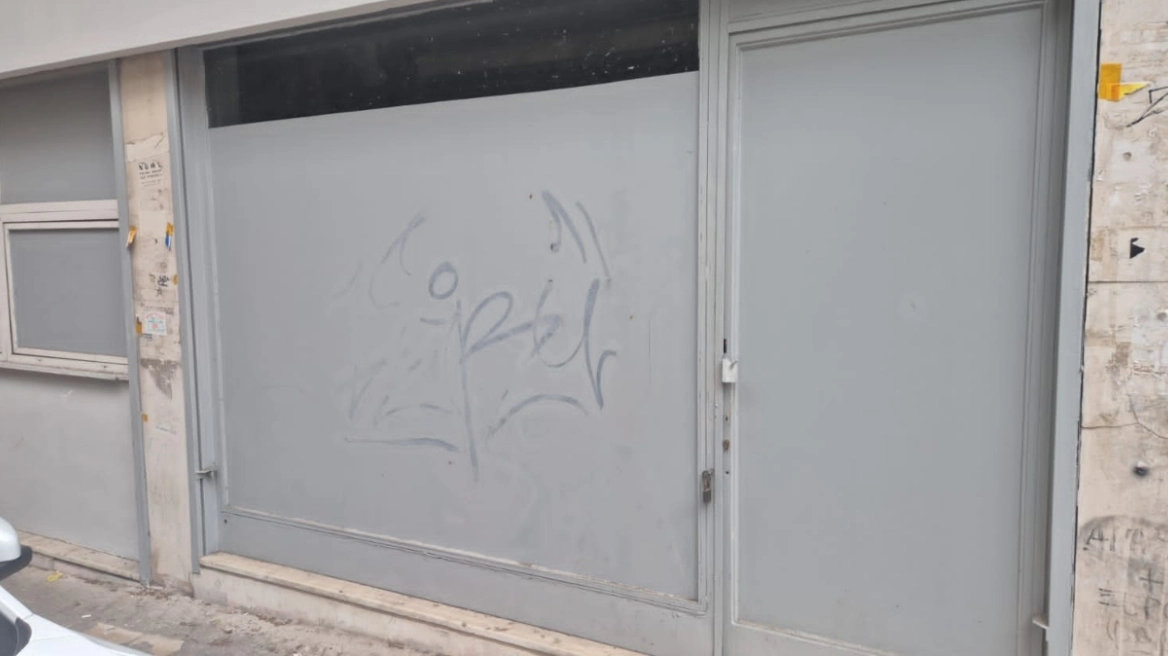In comparison to many other countries of similar size, Greece is a country with a significant mineral resources background in terms of quality, quantity and variety. The Greek Mining/Metallurgical Industry (GMMI) constitutes an important sector of the economic activity, contributing 3,4% of the Gross Domestic Product (GDP), with the inclusion of interrelated enterprises such as quarrying, concrete, processing and production of intermediate and final products. The mining/metallurgical sector in Greece covers a wide range of mineral commodities and comprises four major sub-sectors, namely: i) Metallic Minerals (Bauxite-Alumina-Aluminium, Nickel, Lead-Zinc, Gold, Copper, huntite/hydromagnesite etc.), ii) Industrial Minerals (Bentonite, Perlite, Magnesite and magnesium compounds, Pumice, Pozzolan, Gypsum, attapulgite, amphibolites, olivenite, calcium carbonates, industrial clays etc.) iii) Marbles and ornament stones iv) Energy Minerals (lignite) Geothermy and Hydrocarbons.
Greece is a chief supplier of bauxite-alumina-aluminium in the global market. According to the Hellenic Aluminium Industry, from bauxite extraction to internationally certified end use products, the sector counts 65 years of experience and 6.000 large and small companies. The sector provides employment to 30.000 persons with exports amounting to 1,4 billions €, representing 5,5% of total Greek exports.
“Search and exploitation of mineral raw materials from antiquity to the present”
A 3 year-study, conducted by the School of Geology of the Aristotle University of Thessaloniki and the Aristotle University of Thessaloniki Student Chapter of the Society of Economic Geologists, brings interesting data to the table: the total gross value of the probable and proven reserves of most of the mineral resources of Greece is estimated at 2.4 trillion euros. The results of the study were presented last April in Thessaloniki at a workshop entitled “Search and exploitation of mineral raw materials from antiquity to the present”. In the margin of the workshop, Anestis Filippidis, professor at the School of Geology of the Aristotle University of Thessaloniki, made a brief assessment of Greece’s mineral resources in terms of inventories and value and stressed that “Only 0.15% of these resources have been exploited. We have around 24 very important industrial minerals, which is an amazing number considering Greece’s size.”
Professor Michalis Vavelidis, Head of the School of Geology of the Aristotle University, mentioned that one of the largest gold and other mineral deposits in Europe is located in the northwestern part of Ηalkidiki, where there are estimated to be untapped, about 160 tons of gold, 2,000 tons of silver, nearly 1.5 million tons of lead and zinc and more than 1 million tons of copper.
Ask me anything
Explore related questions
